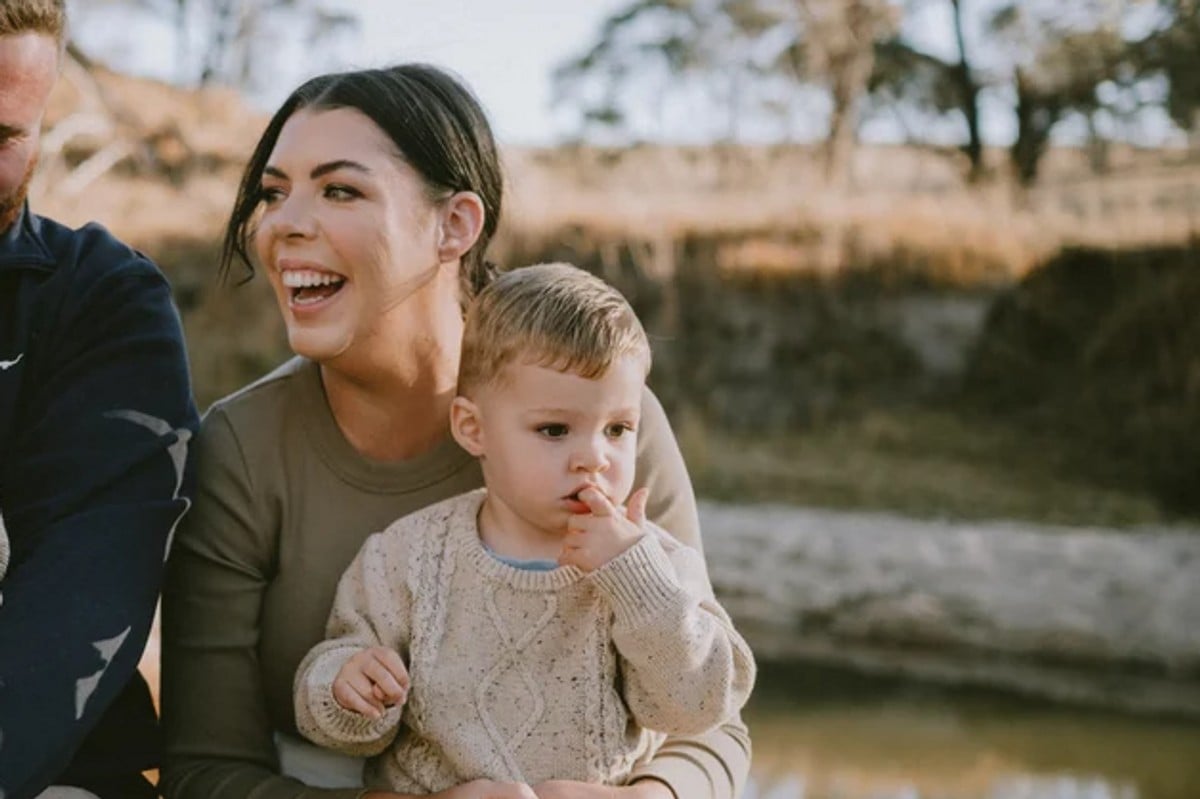
When Claire Brett woke up the morning after giving birth to her first baby, she immediately thought: I'd do that again.
"I loved every second of it," she says. She felt the same way about first time motherhood.
"I actually really enjoyed all the moments of motherhood. The newborn stage for me is my favourite; even with the lack of sleep, it was truly the most magical time for me."
About 18 months later, Claire and her husband decided to try for baby number two.
"I was really excited to start trying again," she says.
Watch: Jessie opens up about her battle with anxiety and depression on No Filter podcast. Article continues after the video.
"Growing up, I always dreamed of having a family and I was really looking forward to giving my son a brother or sister."
Like all women, Claire was conscious of the possibility of miscarriage, but after falling pregnant so quickly, and enjoying a problem-free pregnancy, those thoughts were few and far between.
"Because this was my second pregnancy and I had seen the process all before, I told my husband not to worry about coming to the first scan with me," says Claire.




























































































